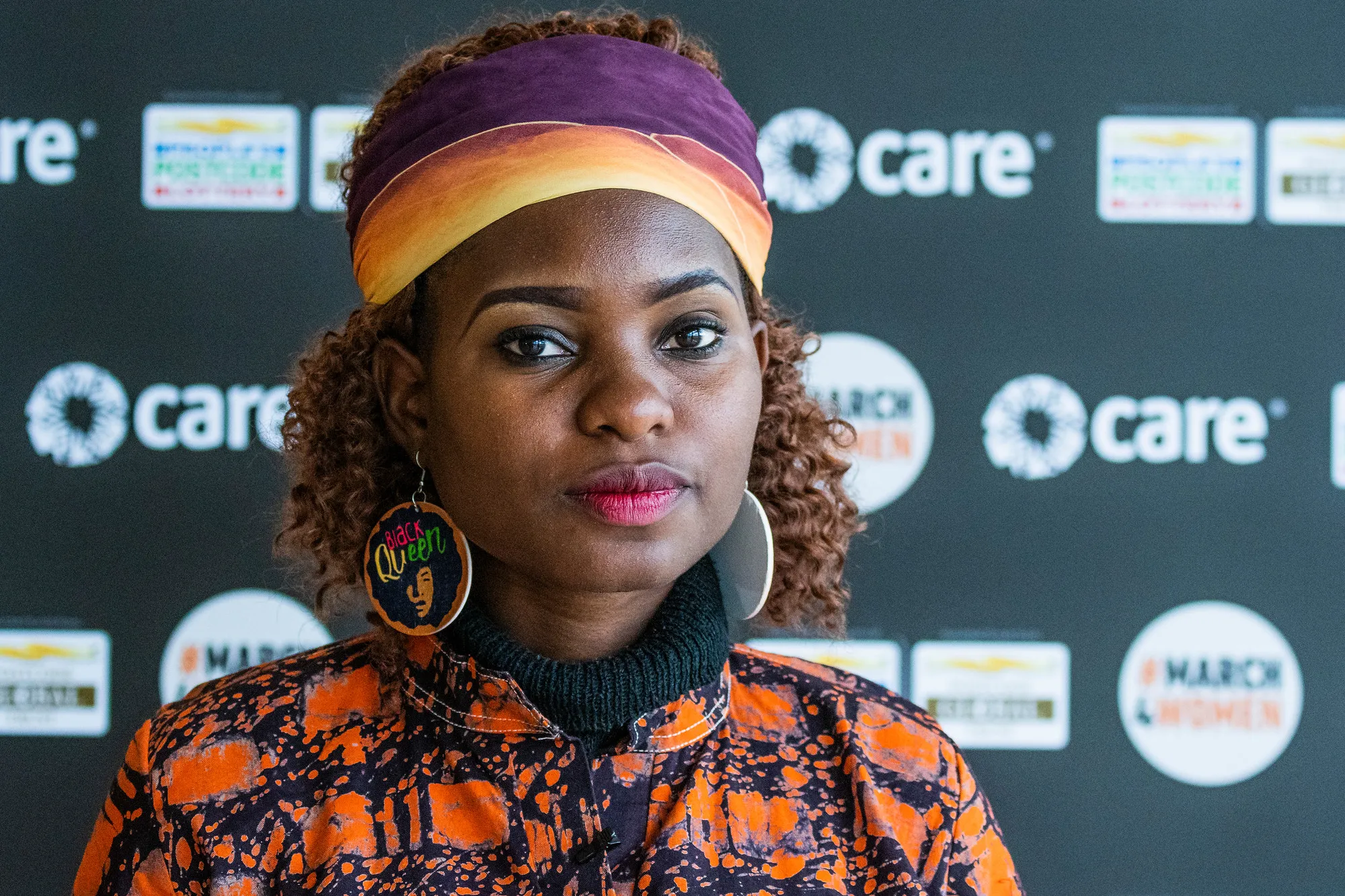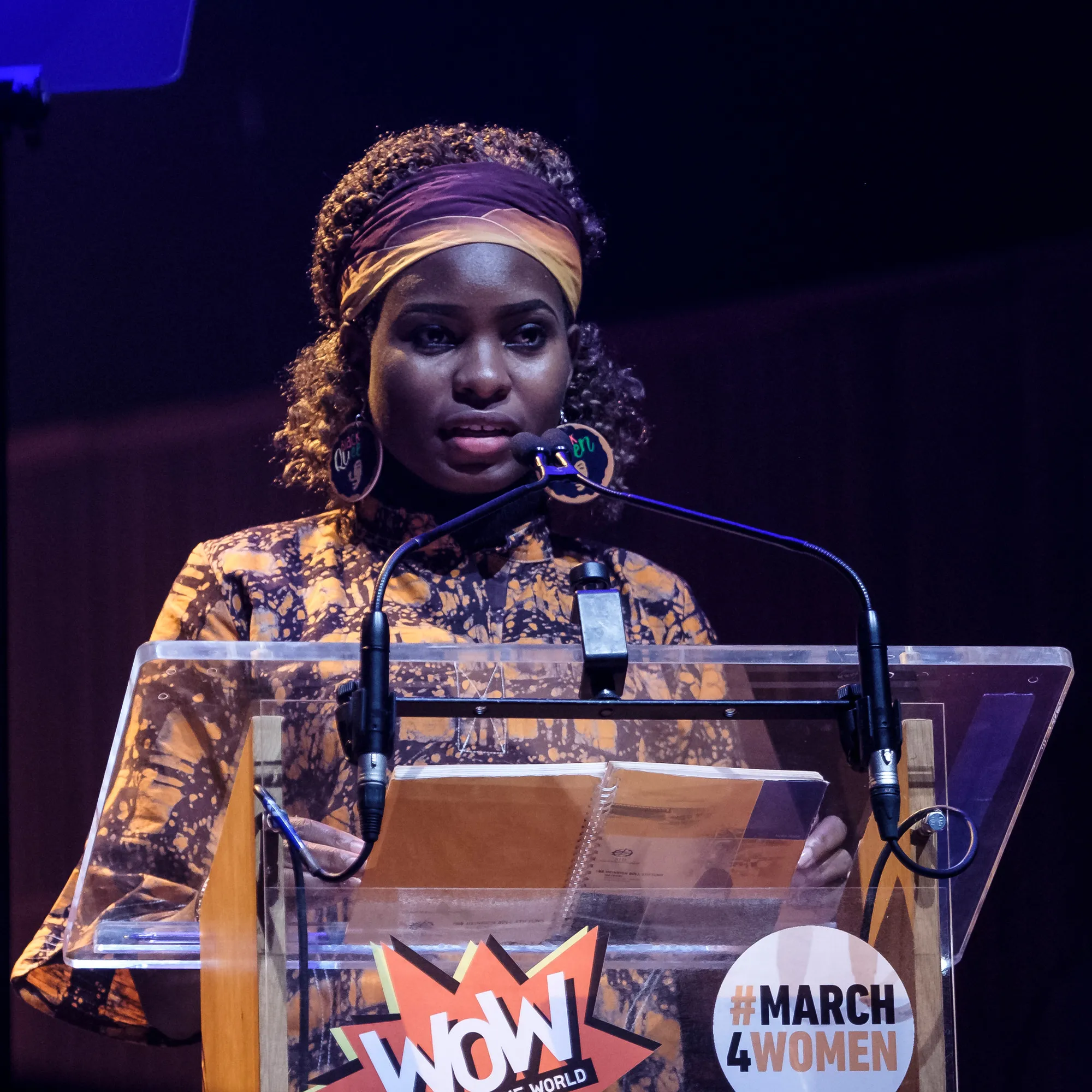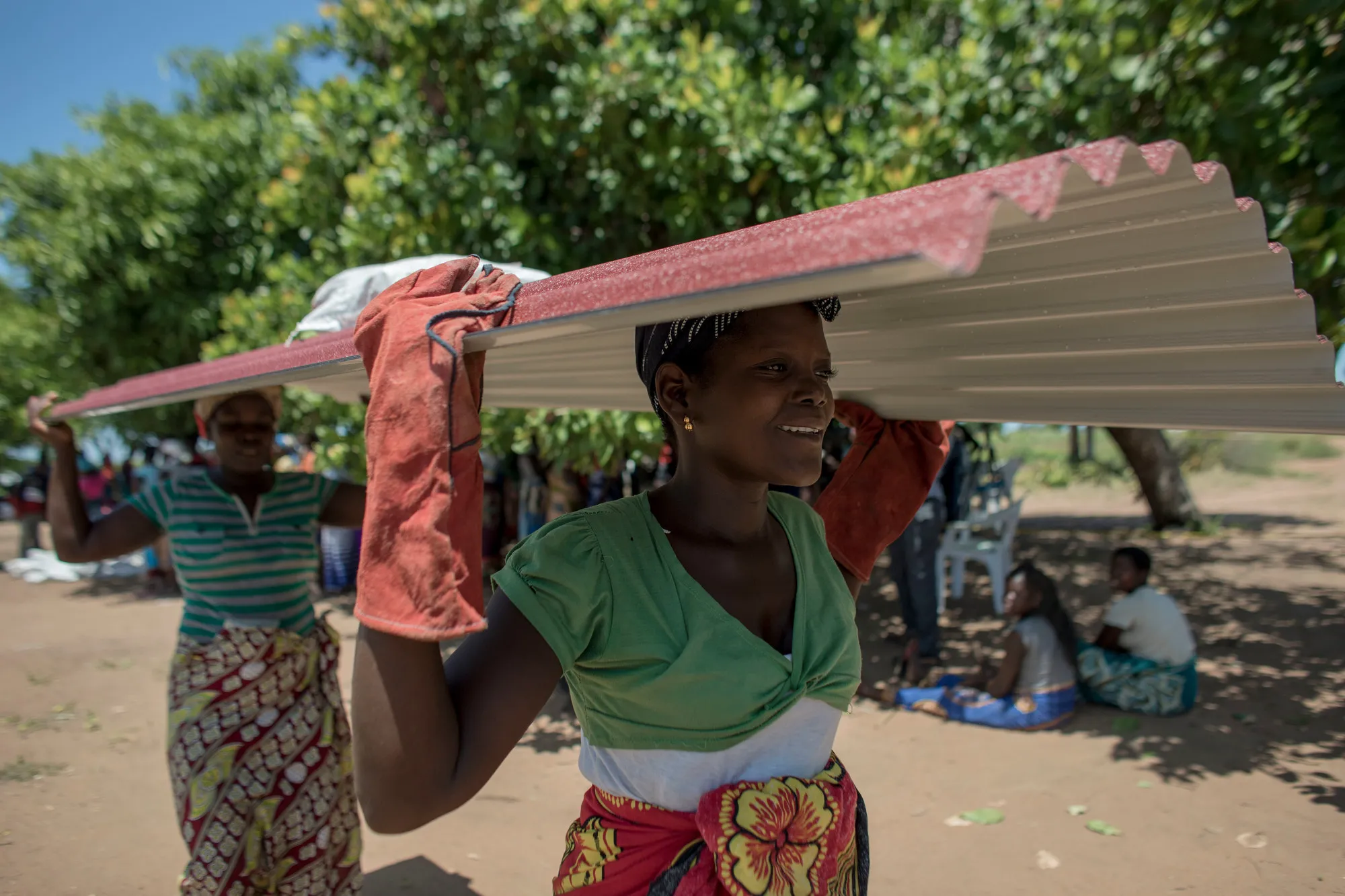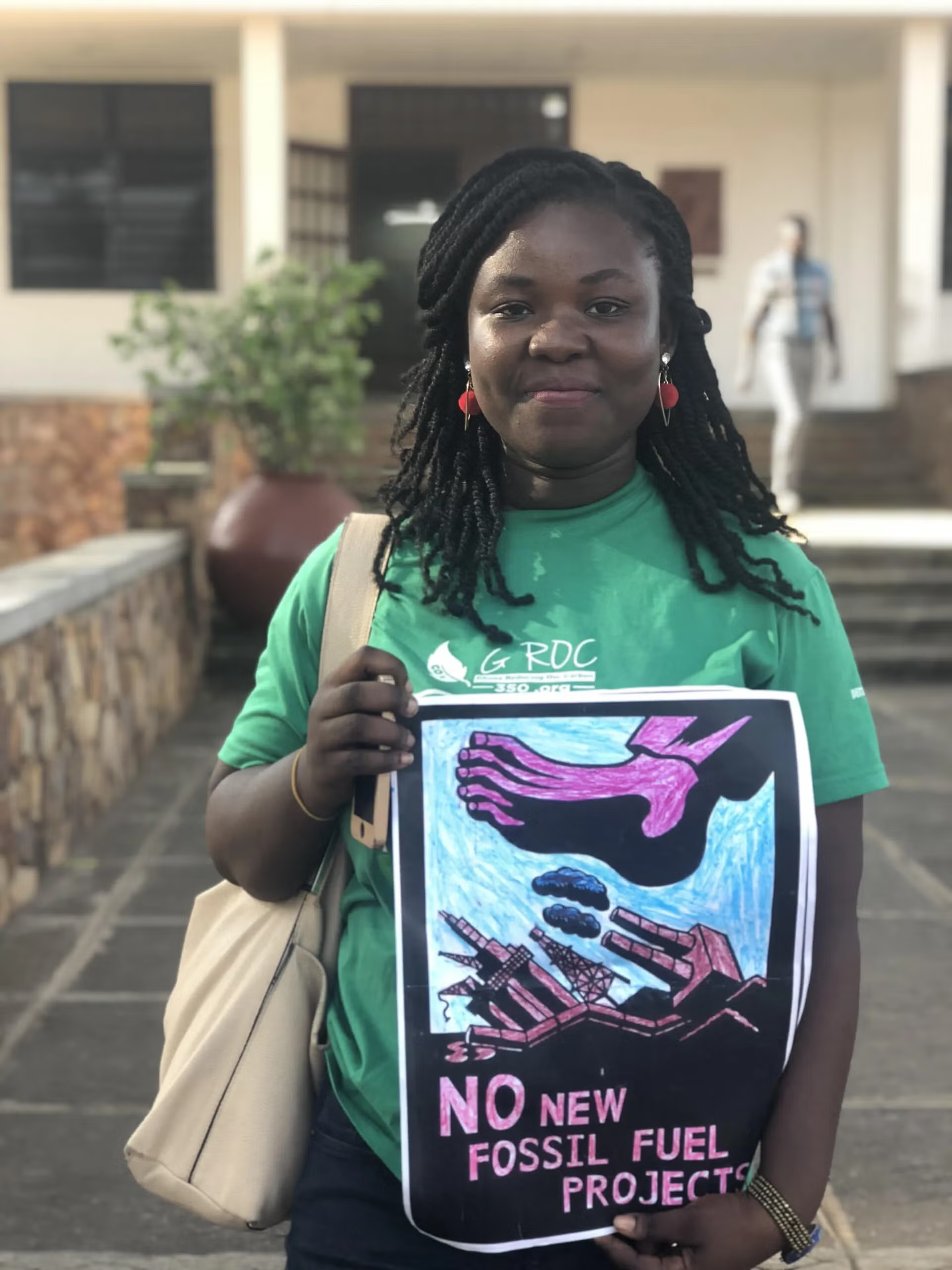Ellyanne Wanjiku
At nine years old, Ellyanne Wanjiku (left) has been the driving force behind the planting of 250,000 trees in Kenya. When Ellyanne was in kindergarten, she learned about Kenyan environmental activist Wangari Maathai, who fiercely defended public land from the government’s development plans and through her nonprofit the Green Belt Movement, paid women to plant tree nurseries throughout the country. Inspired by the 2004 Nobel Peace Prize Laureate, Ellyanne decided to follow in her footsteps by planting trees.
At first, Ellyanne’s mother, Dorothy Githae wasn’t fond of the idea. “I was upset and [wondered]: What are trees going to do for you?”
Ellyanne was adamant. “What would we do without trees? We can’t do anything because trees give us oxygen,” she told her mom.
“Because she was so persistent, I said do the one at home, plant it in the garden, and leave me alone,” Dorothy says.
After planting her first tree — an orange tree in the family’s back yard — Ellyanne found ways to continue planting more. With permission, she began planting trees in Nairobi’s Karura Forest with friends and eventually, was invited to organize tree-planting activities for companies as part of team-building events and corporate social responsibility activities.
Ellyanne, who uses her allowance to buy seedlings, says she now plants trees “nearly all the time — well, not all the time because I have to study.”
In 2016, she founded the nonprofit Children With Nature, and has set up tree nurseries in 80 public schools in communities where children lack nutritious meals. Through the partnership, children plant seedlings in bags at school, nurture them as they grow into trees, and the schools sell the seedlings in their community to generate income. In addition, the students — some of whom Dorothy says may not have dinner at home — plant fruit trees at the school, so they can access free, nutrient-rich fruit.
Through her organization and speaking engagements at elementary schools, Ellyanne often educates other children about climate change, deforestation and plastic pollution. She tells them to start taking small actions towards being environmentally conscious.
“Keep on doing what you can do and whenever you’re free, just think about the earth,” she says. “If you go to a place with a lot of plastic, maybe you can just pick some up.”





